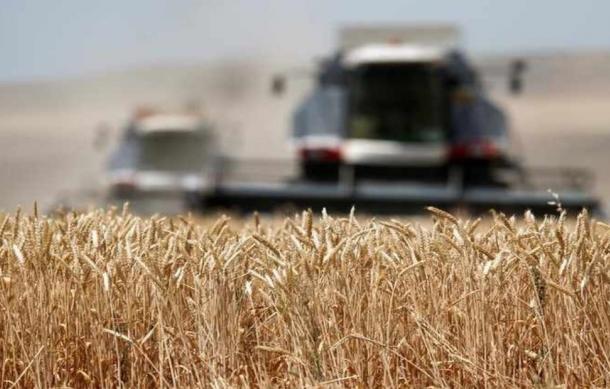
Subsistence farmers in the Kavango East Region are optimistic for a bumper harvest, which they attribute to the training they received from the German development agency, GIZ, on climate change.
Farmers who have been attending training on conservation agriculture from GIZ since 2011 are confident of good harvests despite poor rainfall this year.
"Conservation agriculture is very important; let's just take it seriously. This year people are complaining that there is no rain, but for us that practice conservation agriculture, we will have a good harvest this year as if we received good rains."
"When it comes to conservation agriculture, they taught us that you will harvest like you used a plough when you had just a hoe. I am advising everyone that if you're ever here, people are being trained in conservation agriculture. Go and listen and practice what you were taught."
"I just want to encourage you all to take this seriously; we all strangle, but your sweat will pay off. I want to thank GIZ, our leaders, and my fellow farmers for the knowledge."
"Let's take conservation agriculture seriously. We are not bragging here; yes, there is not enough fertile land, but just give me a potion and see how I will harvest for my children and grandchildren."
The Technical Coordinator for GIZ, Stefan Glaser, says the purpose of the training is to make conservation agriculture popular with farmers.
"The farmers come here to learn more about the different treatments they have not applied yet, especially the matching. I see a lot of grass being burned in the Kavango region that farmers could use to match the field, increase fertility, and feed the soil. We are trying to support organic farming. We want all the farmers to use methods that are nature-based and to cycle the nutrients back to the soil without depleting the fertility of our soil."
Kavango East Governor, Bonifatius Wakudumo, who visited the crop fields, called on the farmers to practice conservation agriculture.
"I am confident that conservation agriculture is the solution to the current unpredictable climate change, hence my plea to all farmers to adopt these practices. Thus, conservation agriculture has been recently promoted as "climate-smart agriculture" in Namibia because it is economically viable and environmentally friendly."
Wakudumo also urged farmers who attended the training to share their knowledge of conservation agriculture with others.





